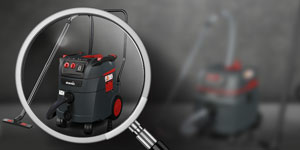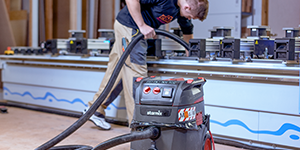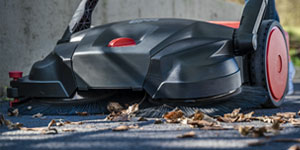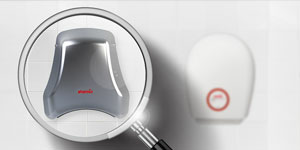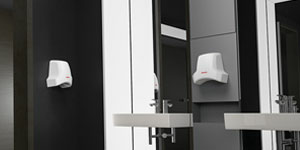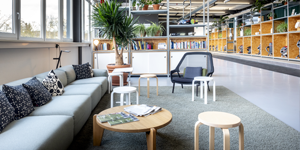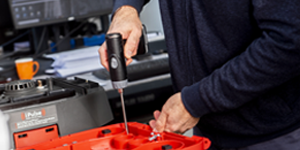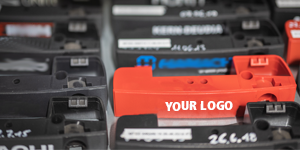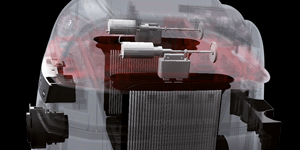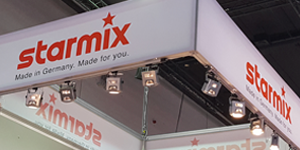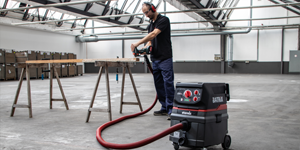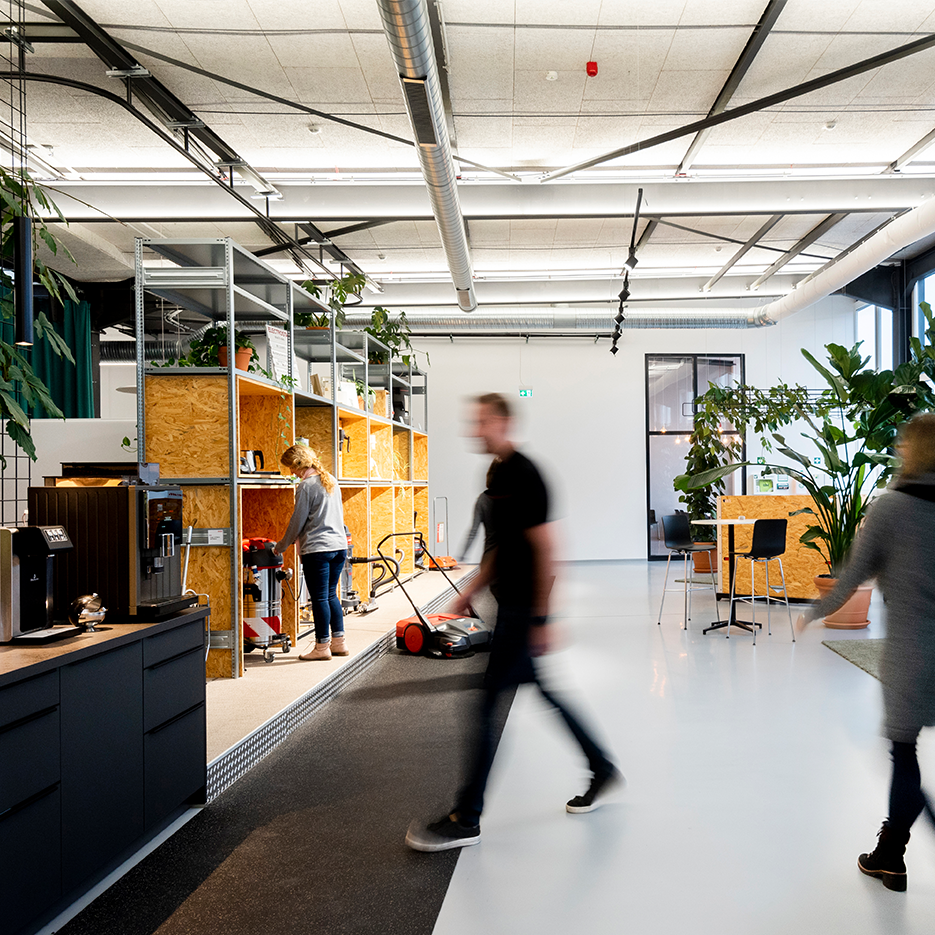
Repositioning for the post-pandemic period
Hygiene and infection prevention in companies
Stuttgart/Ebersbach, 11. August 2022 – The Infection Protection Act expires on 23 September. After federal states and associations have been calling for improvements for some time, the federal government is now following suit and announcing a new Infection Protection Act. Regardless of what the government says, it is clear that companies should already be taking their own precautions in order to be optimally prepared for a possible wave in autumn. This means that although the majority of the population is vaccinated, infection protection 2.0 is needed.
Despite persistently high temperatures, autumn is upon us again and with it the threat of another corona wave. For the best possible protection, it is therefore important to develop plans now, even though after more than two years of pandemic everything had finally seemingly returned to normal. However, if companies want to protect their employees in the pest possible way and ensure smooth operations, they must think about possible precautions now. This includes, on the on hand, setting up a comprehensive hygiene concept and ensuring compliance with it, and, on the other hand, developing scenarios to deal with possible breakdowns or other difficulties such as a possibly worsening supply chain issue.
Stringend hygiene concept
In view of rising infection figures in July, it is necessary to reintroduce already known regulations and to adhere to them diligently. In addition to keeping a distance, regular ventilation and wearing a mask, for example in rooms with more people, the focus is particularly on hand hygiene. Here, however, the focus should not be solely on washing hands thoroughly with soap. Since microorganisms keep and multiply better in a moist environment, it is essential to dry hands properly, whether with a towel, disposable towels or hand dryers. Both ways are equally recommended by renowned international institutions such as the World Health Organisation or the top US health authority (CDC). As modern hand dryers often have so-called HEPA filters and UV-C lamps, they kill 99.9% of all germs from the air sucked in, thus guaranteeing a hygienic air flow without any contact. Another important component is hand disinfection. Automatically functioning dispensers are particularly suitable here to reduce contacts as much as possible. It can also make sense to purchase cleaning fans that constantly remove microorganisms from the air.
Ensure smooth operation
As far as internal processes are concerned, it may be advisable to introduce rolling schedules and use the home office flexibly. It is also advantageous to set up shift times so that they do not overlap and to separate work groups in terms of time and space. Of course, meetings should ideally be held online and unnecessary business trips should be avoided. If a business trip is necessary, employees should travel separately and not all sit in one car. The aim is to organise the different working groups in such a way that there is as little contact between them as possible. This can also mean that not all employees have access to all places. Break rooms and canteens are particularly problematic here. If possible, breaks should be set so that only a limited number of people are in these rooms at the same time. Furthermore, it makes sense to offer free tests so that infections can be detected early. But even small measures, such as leaving access doors open or installing automatic doors to avoid unnecessary contact, can be helpful.
As far as developing scenarios is concerned, for example for supply bottlenecks that occur, it makes sense to set up working groups. These can develop solutions in advance to keep operations going even if problems arise. The point is to anticipate challenges and make provisions at an early stage.
starmix – a piece of German industrial history that is being continued with great success in the 21st century. The industrious Swabians have been manufacturing hoovers since 1921 and invented the hot-air hand dryer four years later. In the years of the economic miracle, starmix achieved world renown: the universal starmix kitchen machine became a bestseller that no good household could do without. Today, ELECTROSTAR GmbH, which has been part of the Algo Group since 2007, stands for innovative technologies, outstanding quality and uncompromising customer orientation. Under the starmix brand, the company develops, produces and sells a wide range of powerful vacuum cleaners for trade, commerce and industry worldwide. From the starmix sanitary business field, modern warm air and high-speed hand and hair dryers as well as an extensive hospitality product range complete the portfolio. Since the acquisition of Haaga Kehrsysteme GmbH in 2012, innovative sweeping machines have also been part of the product range. In 2020, ELECTROSTAR/starmix and Haaga Kehrsysteme merged. The company employs around 200 people at its sites in Ebersbach. With the two brands starmix and Haaga, a turnover of around 41 million euros was generated in 2020.
If you have any questions about the company, products or other information material, our press contact will be happy to answer them personally.
|
Fr. Alale Sarshar Fard echolot pr GmbH & Co. KG Waldburgstraße 17-19 70563 Stuttgart Fon: +49 711 99014-84 sarshar.fard@echolot-pr.de www.echolot-pr.de | |
Fr. Gwendi Harer Electrostar GmbH Hans-Zinser Str. 1-3 73061 Ebersbach Fon: +49 7163 9988-011 gwendi.harer@starmix.de www.starmix.de |
